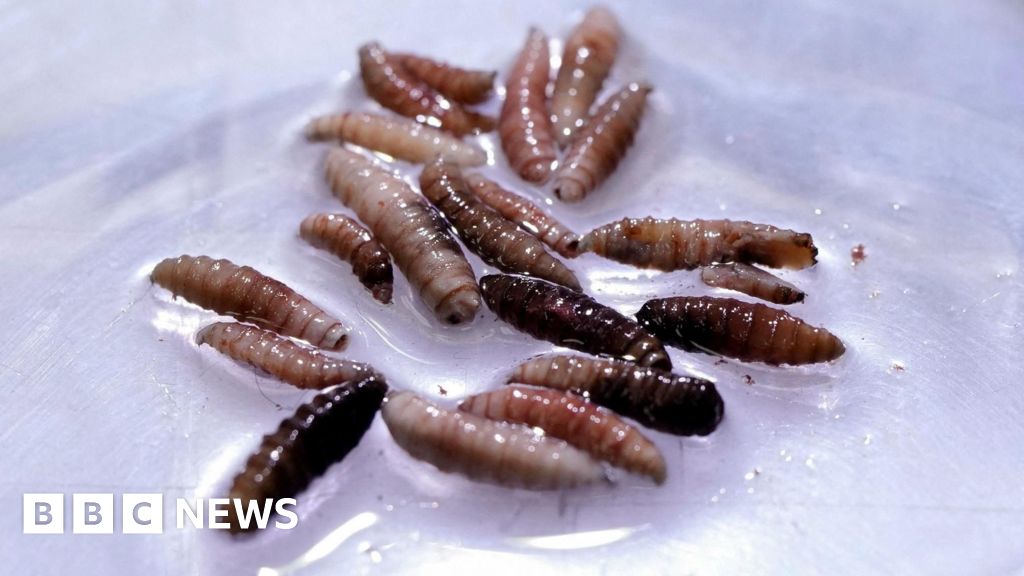The first human case of a flesh-eating parasite infestation has been confirmed in the U.S., authorities say. New World screwworm (NWS) myiasis was detected in a patient returning from El Salvador, confirmed by the Department of Health and Human Services on August 4.
NWS myiasis is a parasitic infestation of fly larvae, or maggots, typically affecting livestock. According to health authorities, the risk to U.S. public health remains very low.
The Centers for Disease Control and Prevention (CDC) collaborated with Maryland's health department to investigate this case, marking the first identified instance of travel-associated NWS myiasis from an outbreak-affected country in the U.S. The dangerous pest primarily inhabits South America and the Caribbean, with confirmed cases now in all Central American countries, including Mexico.
Humans, especially those with open wounds, are at risk of infestation when traveling to these regions or being around livestock. In response to this outbreak, the USDA has partnered with agriculture agencies and the Food and Agriculture Organization of the United Nations to mitigate the spread.
The USDA warns, 'When NWS fly larvae burrow into the flesh of living animals, they cause serious, often deadly damage.' An outbreak in livestock poses a significant economic threat, potentially impacting over $100 billion in economic activity linked to the cattle and livestock industry.
NWS myiasis is a parasitic infestation of fly larvae, or maggots, typically affecting livestock. According to health authorities, the risk to U.S. public health remains very low.
The Centers for Disease Control and Prevention (CDC) collaborated with Maryland's health department to investigate this case, marking the first identified instance of travel-associated NWS myiasis from an outbreak-affected country in the U.S. The dangerous pest primarily inhabits South America and the Caribbean, with confirmed cases now in all Central American countries, including Mexico.
Humans, especially those with open wounds, are at risk of infestation when traveling to these regions or being around livestock. In response to this outbreak, the USDA has partnered with agriculture agencies and the Food and Agriculture Organization of the United Nations to mitigate the spread.
The USDA warns, 'When NWS fly larvae burrow into the flesh of living animals, they cause serious, often deadly damage.' An outbreak in livestock poses a significant economic threat, potentially impacting over $100 billion in economic activity linked to the cattle and livestock industry.



















